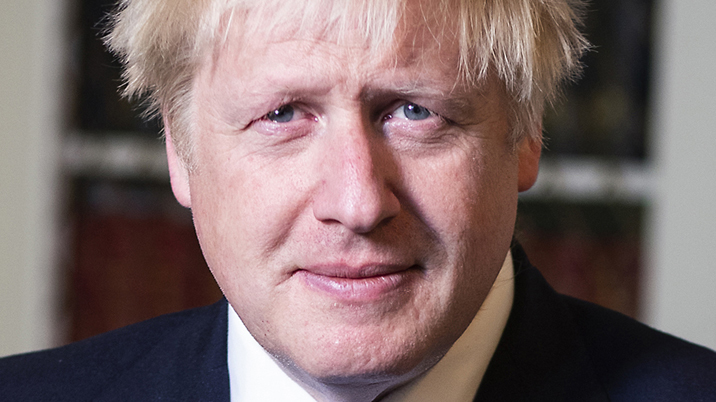
In early September, Boris Johnson will leave Downing Street, and he’s not happy about it.
He clearly didn’t want to give up “the best job in the world”, a job he sees as unfinished (“mission largely accomplished”), a job he thinks he was doing well before he was undone by the “eccentric”, herd-like behaviour of the parliamentary Conservative party.
Inevitably, there has already been talk of him being stabbed in the back.
He blames “the rejoiners and the revengers” and “the deep state” determined to engineer a return to the EU.
He warns that he’ll “have more to say about the events of the last few weeks and months in due course”.
His successors, Rishi Sunak or Liz Truss and whoever comes after them, will have to contend with his continual sniping from the side-lines. He is only 58 and has many years of commentary left in him.
Myths are starting to take shape and we can expect variations on the above soon to coalesce around a narrative, probably written by the man himself.
To the extent any of this will gain traction with the public will largely depend on the editors of the national press.
Will they give him a platform? Will they parrot his views? Will they indulge his conspiracy theories?
Mainstream media has a responsibility to report objectively and not allow its platforms to be highjacked for the personal aggrandisement of others.
We have seen elsewhere in the world how the media’s pandering to political delusions has created deep division and distrust.
The credibility of the media and the political temperature of this country over the next few years rests on how editors handle the soon-to-be former prime minister.
You can catch James Evelegh’s regular column in the InPubWeekly newsletter, which you can register to receive here.












